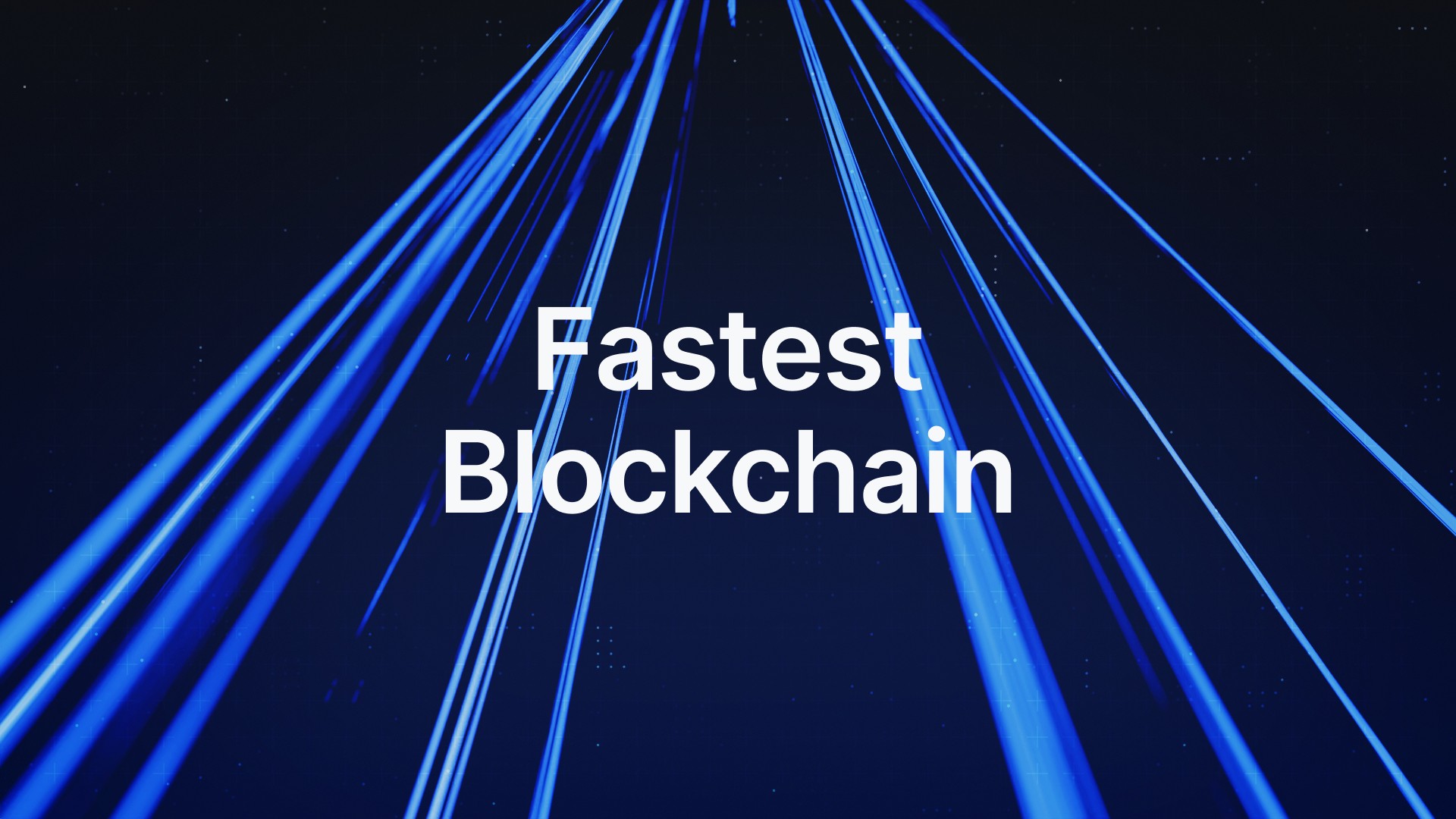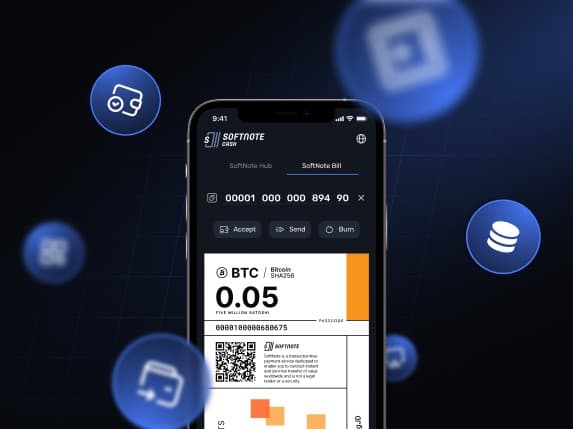Fastest Blockhain
What makes a blockchain fast and what’s the fastest blockchain

While dealing with blockchains and cryptocurrencies, we often overhear the question, “How fast is a certain network?”. Now, let’s dig in and find out why speed matters, how it is measured and what’s the fastest blockchain.
Why is it important
First of all, we should understand that the “speed” of a certain blockchain is measured in transactions per second (TPS) or in other words – how fast a network can process the transaction. TPS is crucial for real-time applications, particularly in finance, gaming, and data-heavy industries. But why? Faster TPS enables seamless, near-instant transactions, enhancing user experience, reducing network congestion, and lowering transaction costs—making blockchain more viable for both the consumer and for commercial use.
How the TPS can be boosted
Several factors influence blockchain transaction speed. First is block time, or the interval required to generate a new block. Shorter block times generally lead to faster transactions but can also risk more network fragmentation. Next is block size—the capacity of each block to hold transactions. Larger blocks allow more transactions but can delay network propagation, impacting decentralization.
The consensus mechanism also plays a vital role. For instance, Proof of Work (PoW) is generally slower than Proof of Stake (PoS), as PoW requires more hardware power. Additionally, network latency—the time it takes for transaction data to reach nodes across the network—can affect overall transaction times.
To scale transaction speeds, some blockchains use solutions like layer-2 networks. Technologies such as the Lightning Network for Bitcoin or Optimistic Rollups for Ethereum are popular examples, as they enable more transactions without overwhelming the main blockchain.
Now, let’s have a look at the fastest blockchains and analyse – what makes them reach their speeds and what their competitors offer.
TOP #5 Fastest Blockhains
#1 Tectum (TET) – 3.5 TPS
Tectum is currently the fastest blockchain out there, achieving staggering transaction speeds of up to 3.5 million transactions per second (TPS) through its innovative Proof-of-Utility (PoU) consensus mechanism and hash-drive technology. This lightweight architecture reduces computational overhead, enabling swift processing and low energy consumption. Tectum’s speed and efficiency make it ideal for real-time applications, while its SoftNote technology leverages these features to offer a seamless digital cash solution for fast, secure cryptocurrency transactions.
#2 Solana (SOL) 65k TPS
With the estimated speeds of up to 65k TPS Solana takes a deserved second place. Solana is a high-performance blockchain known for its remarkable speed, achieving up to 65,000 TPS. This efficiency stems from Solana’s combination of Proof of History (PoH) and Proof of Stake (PoS), which streamlines validation and reduces latency. Solana’s architecture is optimised for scalability, allowing it to support diverse applications, from decentralised finance (DeFi) to NFTs.
#3 Tron (TRX) 2516 PTS
Stepping lower, we have Tron with a potential 2516 TPS and a rather large set of users. Leveraging a Delegated Proof of Stake (DPoS) consensus mechanism, Tron ensures efficient validation and lower energy consumption than the larger competitors. This architecture enables Tron to support decentralised applications (dApps) and smart contracts at scale. By emphasising its scalability, Tron is well-suited for entertainment, social media, and content sharing, making it a popular choice for digital content creators.
#4 Ethereum (ETH) 115 PTS
Second to last, yet second the most popular network Ethereum, with a potential of hitting 115 PTS, a project by Vitali Buterin which was set to challenge the dominance of Bitcoin.
Ethereum is a versatile blockchain platform supporting decentralised applications (dApps) and smart contracts. Recently upgraded to a Proof of Stake (PoS) consensus mechanism, Ethereum aims to improve scalability, energy efficiency, and transaction speed. Known for its strong developer community, Ethereum powers a wide range of applications, from decentralized finance (DeFi) to NFTs, and remains one of the most widely adopted and innovative blockchain ecosystems globally.
#5 Bitcoin (BTC) 7 PTS
The most popular, demanded and yet overloaded Bitcoin takes its place at the very foundations while assessing its speed.
Bitcoin is the first and most widely recognised blockchain, prioritising security and decentralisation. Using the Proof of Work (PoW) consensus mechanism, Bitcoin relies on extensive computational power to validate transactions, making it highly secure but less scalable. Despite its lower TPS, Bitcoin remains the leading cryptocurrency, valued as a store of value and “digital gold” due to its robust security and limited supply of 21 million coins.








